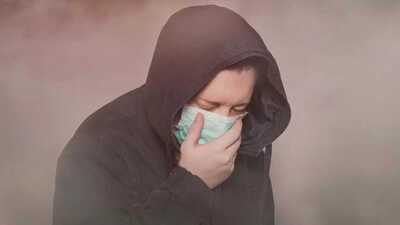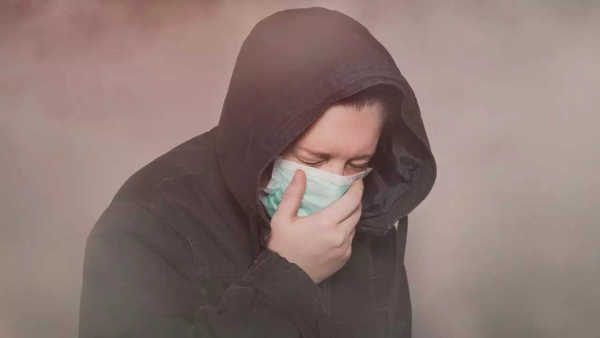
Pregnancy is a time of anticipation and joy, but it can also be a time of increased vulnerability to environmental factors, particularly air quality. As the air we breathe can significantly affect the well-being of both the mother and the developing baby, understanding the connection between air quality and pregnancy outcomes is vital. In this comprehensive guide, we'll explore the impact of air quality on pregnant women and provide actionable advice on how to protect yourself and your baby during this critical time.
Pregnancy is a complex and miraculous process. As a woman's body nurtures a growing fetus, it undergoes numerous changes. These changes can be influenced by external factors, including air quality. When air quality is compromised, it can lead to health issues for both the mother and the baby.

AQI and premature birth
Air Quality Index (AQI) measures air pollution and can serve as an indicator of the safety of outdoor air. Studies have shown a concerning link between high AQI and premature birth. The tiny particles in polluted air can potentially disrupt fetal development, leading to preterm delivery.
Low birth weight babies: A consequence of poor air quality
Low birth weight can result from exposure to poor air quality during pregnancy. Babies born with low birth weight may experience health problems. It's crucial to understand that even minor improvements in air quality can significantly reduce the risk of these adverse outcomes.
Protecting pregnancy: How to safeguard against high AQI

Being aware of the air quality in your area is the first step. You can use air quality apps or websites to keep track of AQI levels. When the AQI is high, consider staying indoors.
- Staying indoors and proper ventilation
Indoor air quality is also essential. Keep your living space well-ventilated. Use air purifiers and maintain proper humidity levels to reduce indoor air pollutants.
- Outdoor activities with caution
When you need to be outdoors, plan your activities during times when the air quality is better. Avoid busy roads and industrial areas. Wear a mask to reduce inhalation of harmful particles.
Air purifiers can be a valuable addition to your home during pregnancy. They help filter out pollutants, providing cleaner air for you and your baby. When choosing an air purifier, look for one with a HEPA filter and adequate coverage for the room.
Dr. Vaishali Sharma, National Award-winning Laparoscopic Surgeon and IVF Specialist
 Pregnancy is a time of anticipation and joy, but it can also be a time of increased vulnerability to environmental factors, particularly air quality. As the air we breathe can significantly affect the well-being of both the mother and the developing baby, understanding the connection between air quality and pregnancy outcomes is vital. In this comprehensive guide, we'll explore the impact of air quality on pregnant women and provide actionable advice on how to protect yourself and your baby during this critical time.
Pregnancy is a time of anticipation and joy, but it can also be a time of increased vulnerability to environmental factors, particularly air quality. As the air we breathe can significantly affect the well-being of both the mother and the developing baby, understanding the connection between air quality and pregnancy outcomes is vital. In this comprehensive guide, we'll explore the impact of air quality on pregnant women and provide actionable advice on how to protect yourself and your baby during this critical time.

